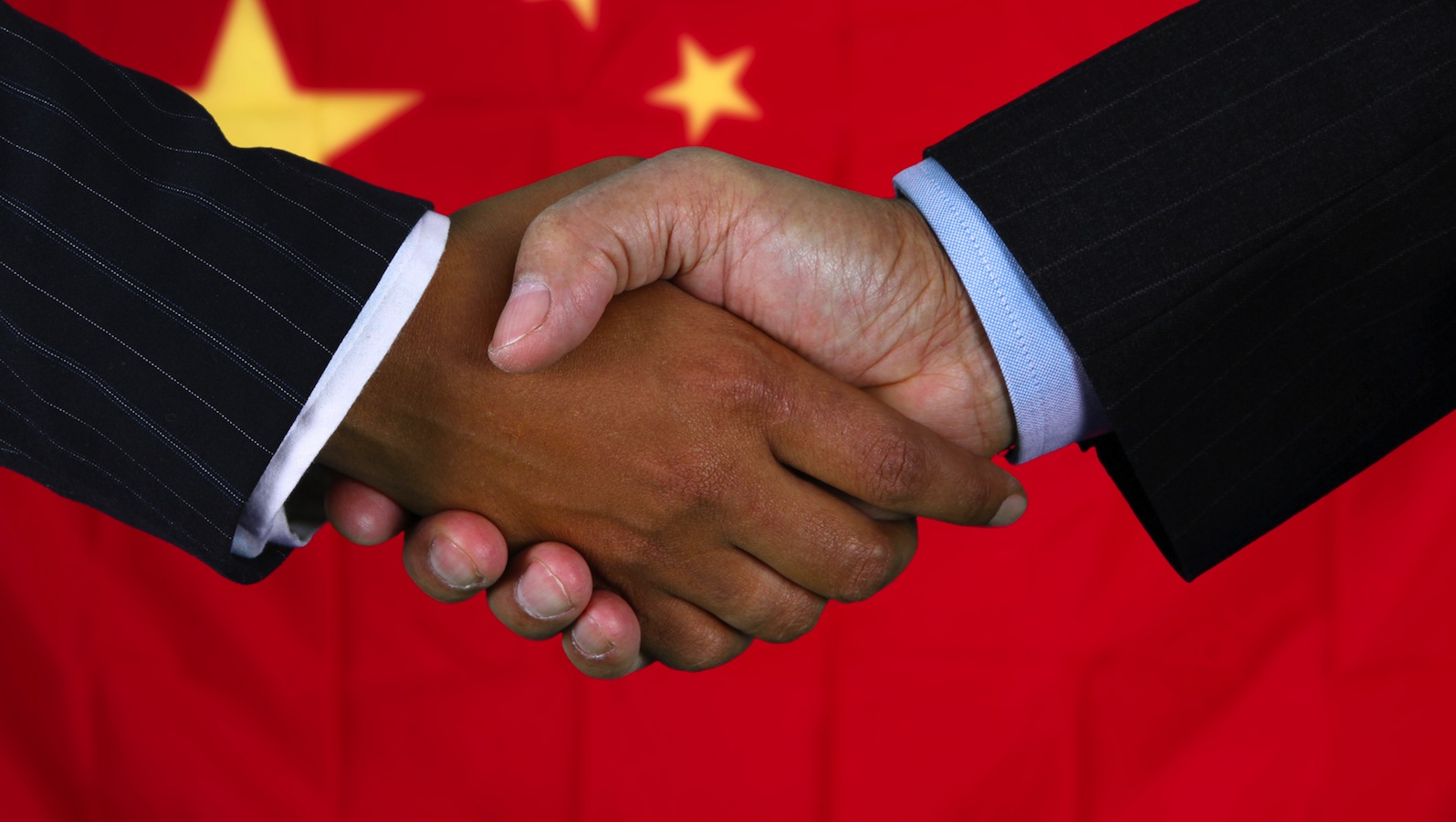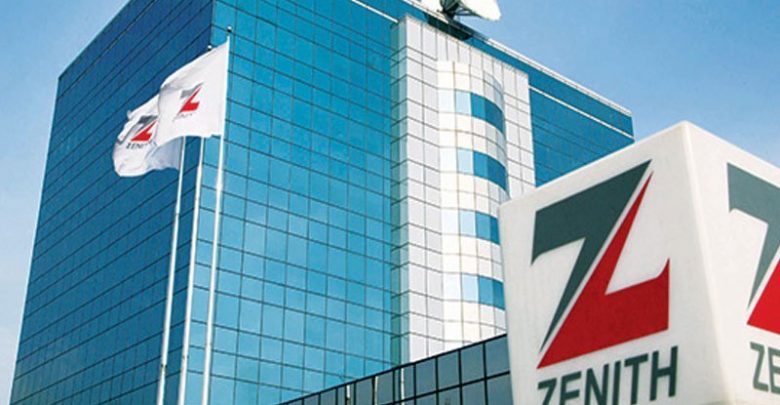The United Nations has begun a progressive campaign to vaccinate 1 billion people in Africa against yellow fever by 2026 in order to eliminate the epidemic of the deadly disease on the continent.
The killer disease is spread by mosquito and has invaded various parts in Africa. The disease can spread faster in highly populated areas with devastating consequences.
“With one injection we can protect a person for life against this dangerous pathogen,” said Tedros Adhanom Ghebreyesus, Director-General of the World Health Organization (WHO) at the programme’s launch in Nigeria, a priority target country.
“This unprecedented commitment by countries will ensure that by 2026 Africa is free of yellow fever epidemics.”
According to WHO, in Nigeria, a yellow fever outbreak is currently active with hundreds of suspected cases reported after a 7-year-old girl developed fever, vomiting and abdominal pain in August.
Based on past reports, children are the most affected demographic of the disease which makes them the major targeted audience to the ongoing.
“Today, the threat of yellow fever looms larger than ever before, especially for thousands of children across Africa,” Stefan Peterson, Chief ofHhealth at the United Nations children’s agency (UNICEF), said in a statement.
One reason the disease is spreading is because more people are moving from rural to urban areas, particularly to slums, said Robin Nandy, UNICEF’s Chief of Immunisation.
“These areas tend to have high numbers of people living in close proximity with poor hygiene and sanitation, all the conditions that make it ripe for a disease outbreak,” he told the Thomson Reuters Foundation in a telephone interview.
The virus also poses a serious risk in Sudan, South Sudan, Uganda and the Democratic Republic of Congo, he said. The vaccination programme is a joint venture by the WHO, UNICEF, the GAVI global vaccine alliance and more than 50 health partners.


